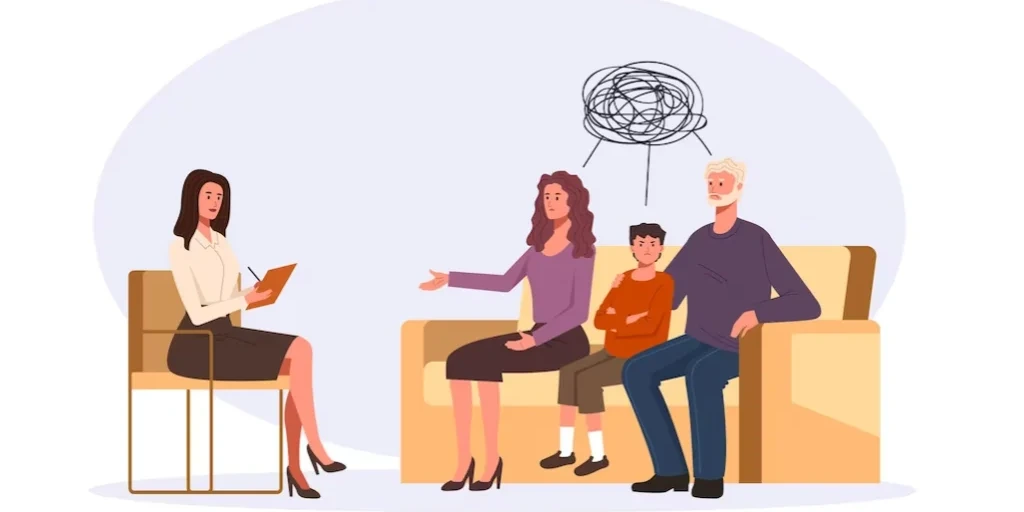24/7 Helpline:
(866) 899-221924/7 Helpline:
(866) 899-2219
Learn more about Eating Disorder Treatment centers in Lake County
Eating Disorder Treatment in Other Counties

Other Insurance Options

MVP Healthcare

Sutter

Private insurance

Meritain

Evernorth

BlueCross

American Behavioral

Sliding scale payment assistance

Multiplan

Optima

Amerigroup

Magellan

Lucent

Absolute Total Care

Medical Mutual of Ohio

Optum

Horizon Healthcare Service

WellCare Health Plans

Holman Group

Access to Recovery (ATR) Voucher































































































Western Montana Mental Health Center – Lake County Addiction Services
Western Montana Mental Health Center – Lake County Addiction Services is a private rehab located in ...

Western Montana Mental Health Center
Western Montana Mental Health Center is a private rehab located in Polson, Montana. Western Montana ...

Sunburst Mental Health Services
Sunburst Mental Health Services is a private rehab located in Polson, Montana. Sunburst Mental Healt...

Sunburst Mental Health Services
Sunburst Mental Health Services is a private rehab located in Saint Ignatius, Montana. Sunburst Ment...

Lake County Chemical Dependency
Lake County Chemical Dependency is a private rehab located in Polson, Montana. Lake County Chemical ...

Western Montana Mental Health Center
Western Montana Mental Health Center is a private rehab located in Ronan, Montana. Western Montana M...

Tribal Health Alcoholism
Tribal Health Alcoholism is a private rehab located in Polson, Montana. Tribal Health Alcoholism spe...














































